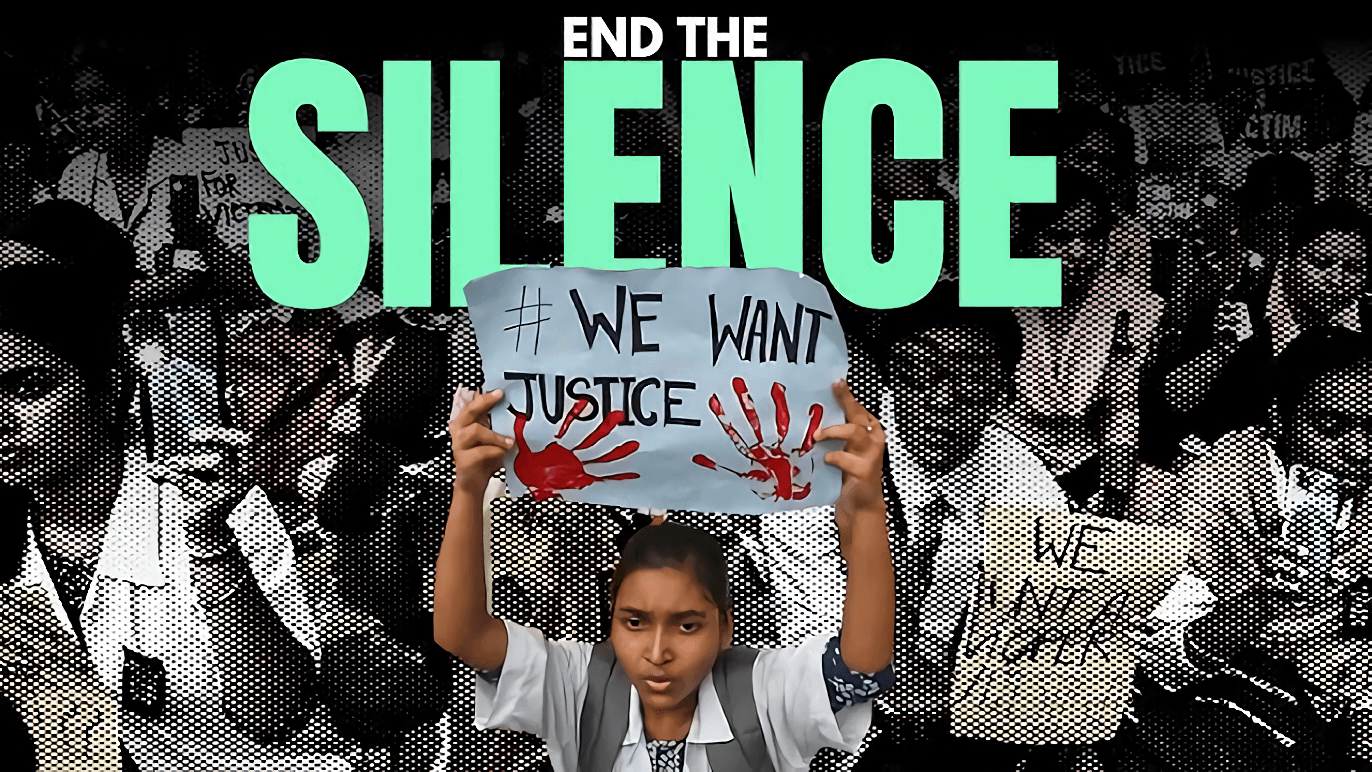The Kalinga Institute of Industrial Technology (KIIT) is a monument of academic achievement, creativity, and possibility right in the middle of Bhubaneswar.
KIIT seems to epitomize the values of higher education with its expansive campus, contemporary architecture, and reputation drawing students from all throughout India and beyond. Benevolent appearances notwithstanding, however, hide a terrible reality long eclipsed by political influence and institutional awards.
The recent and sad death of Prakriti Lamsal, a 20-year-old Nepali student working on a B.Tech degree at KIIT, has squarely focused attention on the darker undercurrents of the university.
Her sudden death—which was declared as suicide—has set off demonstrations and revealed a years-long culture of ragging, harassment, and administrative neglect afflicting the university.
The grief of losing a young, bright student has driven a tempest of indignation as students and activists seek responsibility from a university that has consistently failed to defend people under its control.
A Promising Life Short Cut
Found dead in her hostel room, Prakriti Lamsal’s death is a mute monument to the extreme suffering she went through.
Although the official accounts point to suicide, the deeper background of her death points to a far more sinister reality anchored in the unbridled culture of ragging and harassment that has developed on KIIT’s campus over years.
For students who have been quieted by an administration that puts image over integrity for too long, her death has become a rallying cry.
Stories of pupils under constant abuse, pressure, and intimidation have surfaced from the demonstrations that followed her death. Though formal policies aimed to reduce such events and anti-ragging groups exist, these steps have proved mainly useless.
The website of the university, KIIT.AC.IN, boldly shows its dedication to student safety; nevertheless, reality shows a somewhat different picture—one in which these safeguards exist more as symbolic gestures than as means of meaningful reform.
The Shadow of Ragging That Remains
Like other long-standing problems in Indian educational institutions, ragging is not unique in KIIT.
Although many colleges have effectively instituted rigorous rules and awareness campaigns to discourage such behavior, KIIT’s approach of managing the matter has been marked by denial, repression, and inertia.
Ragging and harassment events at KIIT are not fresh. Following claims of sexual harassment, engineering and law students engaged in a violent conflict in 2018. According to reports, the conflict started with frequent misbehavior that the government had neglected to sufficiently address.
The university chose damage control, imposing limits and detentions while letting the underlying culture of impunity to continue, instead of looking at the main issues.
Silence is usually the best choice available to KIIT students. Complaints are either brushed off or greeted with warnings of academic consequences; individuals who speak out run the danger of being shunned or perhaps expelled. Many students suffer the harassment alone because they fear being singled out further should they try to get justice.
A Society of Suppression and Fear
The typical vitality of student life does not permeate the KIIT corridors. Rather, they are contaminated with an unwritten rule: be quiet or pay for it.
Over the years, this culture of fear has been deliberately fostered and kept under control by means of intimidation strategies meant to deter students from disclosing abuse.
After Prakriti passed away, the government’s reaction has been depressing. Authorities have turned to compulsion instead of displaying sympathy and a will to change. Students who took part in demonstrations calling for justice ran the danger of academic sabotage and rustication.
Often serving as enforcers, faculty members—who should ideally be mentors and protectors—have made sure that no dissension compromises the university’s carefully maintained reputation.
Among the most sneaky features of this repression is the part social media plays. KIIT’s official comments are painstakingly written to minimize the gravity of events and show them as isolated episodes instead of indicators of a systematic problem.
Public relations staff put out great effort to shape the story so that talks about harassment and ragging do not damage the reputation of the institution. Many cases so go unseen by the general public, allowing the cycle of abuse to continue unbridled.
Power and Politics: Their Influence
The strong political ties of KIIT are a major component allowing this culture of harassment. The institution’s connections to powerful people give individuals who commit violence and harassment a protection, so assuring that responsibility stays far-off dream-like.
This junction of privilege and power lets some people—usually politically supported students—run with impunity.
For victims, this often means that justice is unreachable. Complaints are often buried under bureaucratic red tape or discounted even when they are registered. Empowered by their contacts, the offenders keep their reign of fear knowing that the system is set to defend them rather than their victims.
This political entanglement not only protects offenders but also determents honest faculty members and administrators from acting.
Every effort to question the existing quo is greeted with opposition; individuals who strive to start change sometimes find themselves excluded or removed from positions of power.
The Afterglow and the Call to Transformation
The sad death of Prakriti Lamsal has started a vital discussion about the situation of student security at KIIT. Students demanding structural changes to solve the ingrained problems of ragging, harassment, and administrative indifference have propelled both on-campus and internet protests.
Still, the question is whether this catastrophe will act as a turning point or if it will vanish into obscurity like so many other such events prior.
The answer resides in the combined will of educators, students, and society at large to demand significant transformation.
Ensuring responsibility and student safety guarantees a road forward.
KIIT has to change drastically if we want to avoid other tragedies beginning with the following actions:
1. Every harassment and ragging case has to be looked at by an impartial committee free from institutional and political interference. The results ought to be shared so as to guarantee responsibility and openness.
2. Empowered Student Committees: With clear procedures for anonymous complaints and protection for whistleblowers, anti-ragging and harassment committees have to be rebuilt including more student representation.
3. Those found guilty of harassment should be subject to strict action against offenders, including, should needed, expulsion. None of political or administrative shielding ought to be permitted.
4. Mental health support should be more easily available, with qualified experts ready to assist students in handling social and academic demands.
The university administration has to change its leadership style from one of suppression and control toward one of support and responsibility. Students should be free to express their worries without thinking about getting in trouble.
The Real Valuation of an Institution
The degree of an educational institution’s protection and nurturing of its pupils defines it more than its grand buildings, rankings, or political ties. KIIT has failed in this basic task even with its successes.
Death of Prakriti Lamsal should not be in vain. It ought to be a wake-up call, a spur for sincere transformation. The KIIT students—as well as all others who support justice and education—have to keep advocating changes meant to destroy the repressive systems long afflicting the university.
KIIT can only really live up to its potential as a lighthouse of learning and development only when justice overcomes fear and student welfare takes front stage above institutional image. The sinister reminder of lives lost and voices muffled that harassment and impunity will lurk over its hallways till then.
Stay Connected and Share Your Stories
For all those inspired by stories of resilience and ambition, follow us on X/Twitter and on Instagram . For those with untold stories that you would love to share, please send them to contact@thephilox.com




